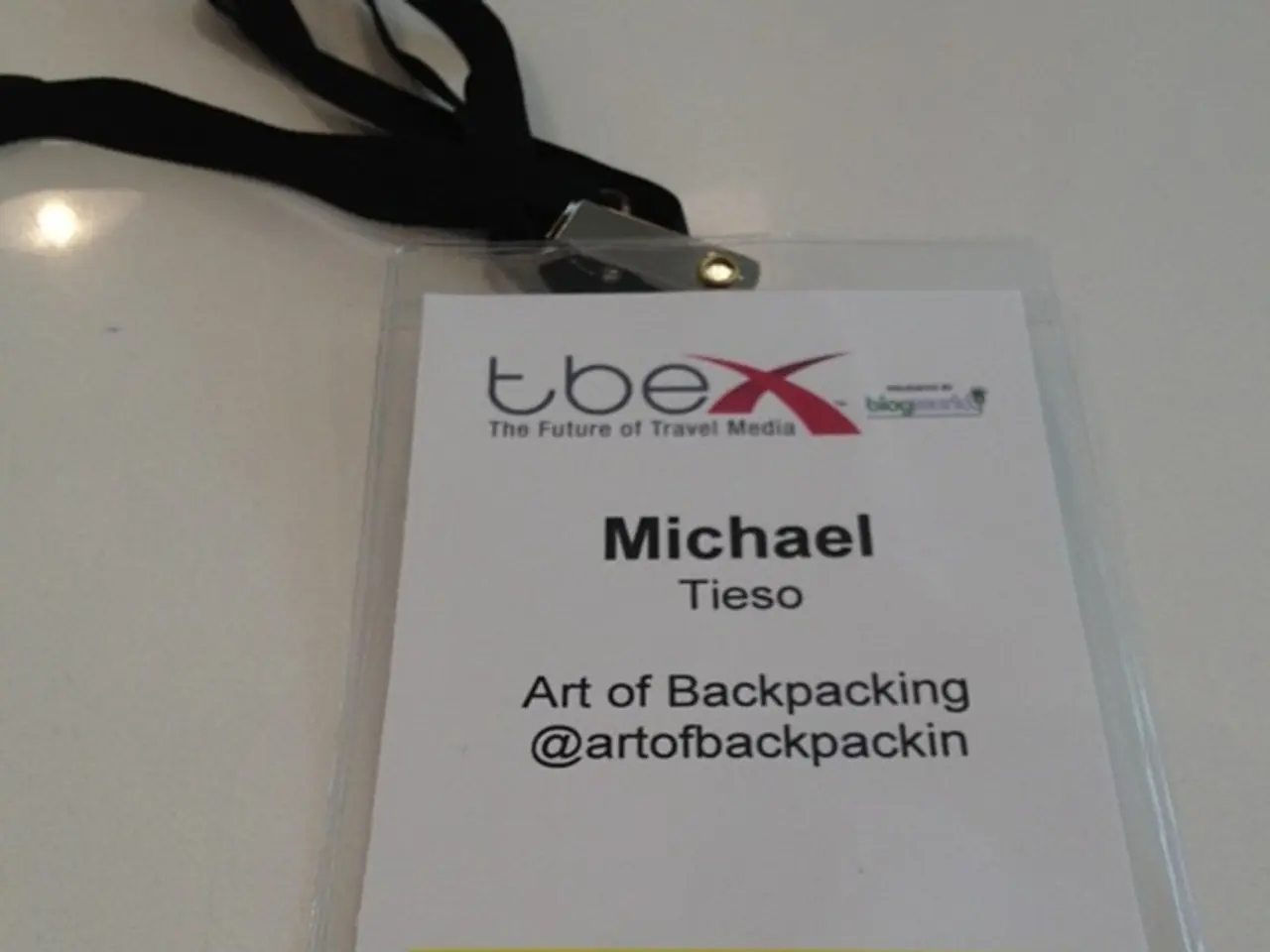Importance of Tailoring Resumes According to Specific Industry Demands for Maximum Impact
In today's competitive job market, understanding the expectations of a specific industry is key to creating a resume that resonates with recruiters and employers. This article outlines five strategies to help you tailor your resume effectively for various industries.
Analyze the Job Description Thoroughly
Identifying and highlighting industry-specific skills, qualifications, and keywords that recur or appear unique in the job posting is essential. Prioritize these by the order they appear, as earlier responsibilities often signal higher importance to employers [1][3].
Incorporate Industry-Specific Skills and Terminology
Using specialized terms, technical jargon, and core concepts native to the target industry shows your fluency and cultural fit within that sector. For example, marketing resumes might include terms like customer acquisition cost (CAC) and conversion rate optimization (CRO), while healthcare resumes emphasize HIPAA compliance or IEP implementation [2][4].
Showcase Relevant Achievements with Metrics
Quantify your accomplishments to demonstrate impact. Use numbers to highlight success—such as percentage increases in sales, improved process efficiencies, or compliance rates. Achievements are more compelling when tied to industry priorities and terminology [3][4].
Customize Resume Sections to Reflect Industry Priorities
- Put key qualifications and most relevant experience toward the top.
- Adjust your resume format (reverse-chronological, functional, or combination) to emphasize your most pertinent roles or skills relative to the industry requirements [1].
- Create dedicated sections for technical proficiencies, certifications, or industry-related skills to make them easily scannable [2].
Stay Current with Industry Language
Regularly read industry publications, job postings, and reports to incorporate emerging terminology. Define acronyms on first use to ensure clarity for both ATS and human readers (e.g., Electronic Medical Record (EMR)) [2].
By combining these steps—mirroring job description language, weaving in industry jargon naturally within achievement statements, quantitatively demonstrating your impact, and structuring your resume to highlight the most relevant information—you significantly enhance your resume's effectiveness and alignment with the specific industry you are targeting [1][2][3][4].
The Importance of Tailoring Your Resume
Tailoring a resume's content to job expectations is crucial, as each industry has distinct requirements, even for similar roles. A well-tailored resume demonstrates expertise and shows that the applicant can meet the unique challenges of the industry. This understanding enables the resume to use the industry's language, thereby improving its chances of passing through Applicant Tracking Systems and grabbing the attention of multiple hiring managers.
Continuously adapting a resume to the specific needs of an industry can enhance chances of success and differentiate the candidate in the competitive job market. Using industry-specific terminology in resumes can demonstrate familiarity with the industry's nuances and build credibility. Highlighting industry-specific skills is essential to differentiate oneself from other candidates.
Researching industry trends can ensure that a resume remains relevant and accurately reflects current job requirements. For instance, a marketing resume may emphasize creativity and campaign management, while a finance resume focuses on analytical skills and budgeting expertise. Incorporating relevant buzzwords and phrases from the industry shows commitment to the industry and ensures the resume speaks the same language as potential employers.
Crafting a professional summary that speaks to the industry can help a resume stand out. Achievements on a resume should align with the industry's goals. For example, a sales candidate in retail should emphasize meeting or exceeding sales targets, while a healthcare candidate may want to showcase patient outcomes or operational improvements.
Reading reviews of top resume writing services can help job seekers make informed decisions when hiring professionals to assist with their resume.
- A well-tailored resume that mirrors job description language, incorporates industry jargon, quantitatively demonstrates your impact, and structures the information to highlight the most relevant details demonstrates expertise and increases its chances of passing through Applicant Tracking Systems and grabbing the attention of multiple hiring managers [1,2,3,4].
- Regularly reading industry publications, job postings, and reports helps incorporate emerging terminology and ensure clarity for both ATS and human readers [2].
- By using industry-specific terminology in resumes, we can demonstrate familiarity with the industry's nuances and build credibility [4].
- Customizing resume sections to reflect industry priorities helps showcase industry-specific skills and experience, making it easier for recruiters and employers to identify our suitability for the position [1,2,3]. Incorporating relevant buzzwords and phrases from the industry shows commitment to the industry and ensures the resume speaks the same language as potential employers [4].




